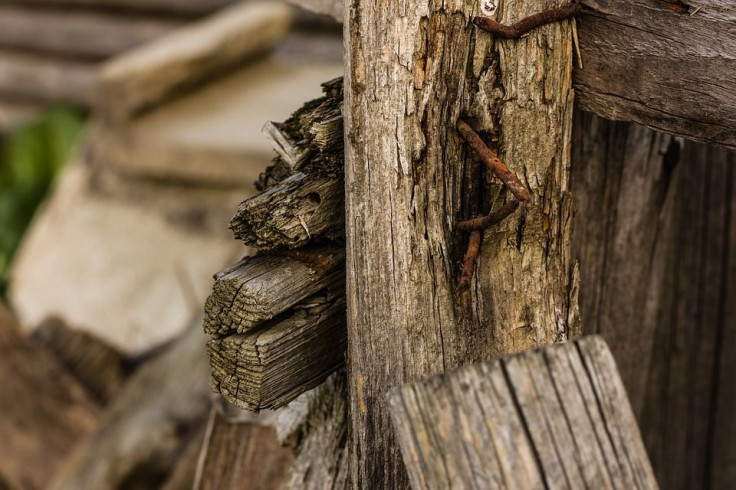If You Don’t Remove A Splinter, What Happens? Risks Involved With Different Types, Including Glass Or Wood

Splinters can be very uncomfortable, so it’s understandable why someone would be tempted to remove one from their skin. But, what happens if you don’t remove it?
It depends on the material of the splinter, explains host Hank Green in the SciShow video below.
Read: Hand Specialist: How Your Fingers Can Predict Everything From Penis Size To Sexual Orientation
A splinter made from organic matter, such as wood, cactus spines, or thorns, poses bigger threats than ones from inorganic matter, like shards of glass or slivers of metal; however, when any of these items are submerged under your skin, your body’s reaction is to cause inflammation around the site of the object, as blood and immune cells rush to the area.
Overall, organic splinters cause more inflammation and response from your immune system than inorganic ones do. Also, objects like wood often have oil, resin, and larger amounts of bacteria and fungi that will trigger even more inflammation.
If you don’t remove a wood splinter, the bacteria on it can cause tetanus, which gives you muscle spasms throughout your body. There’s four vaccines available that protect against the infection. Another infection that can occur is called rose gardener’s disease, which is caused by a fungus on rose thorns that can lead to painful sores.
In the long run, organic splinters are much more harmful and should be removed. As for inorganic matter, some doctors will recommend leaving tiny pieces of glass in your finger because it’s more damaging to your tissue if you try to dig around and remove it, says Green.
The best practice for removing a splinter involves these easy steps: wash and dry the area, inspect the area for size, use tweezers or a small needle to remove the object, clean the area, and apply petroleum jelly, as recommended by the American Academy of Dermatology.
If the splinter looks large, deep, is located by your eye, or if the area becomes infected, it's best to have a doctor remove it.
See also: Crossed Fingers Point The Way To Dealing With Chronic Pain: Do Brain Tricks For Relief Work?
Rashad Johnson, Cardinals Safety, Loses Portion Of Finger; Will His Injury Cost Him A Game?



























